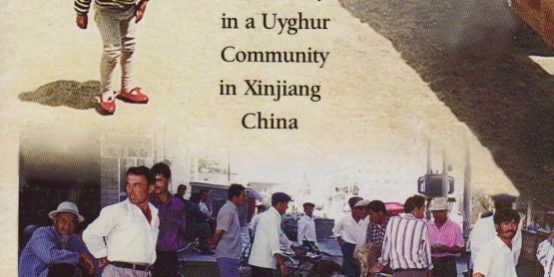The Uyghurs, a Turkic group, account for half the population of the Xinjiang (East Turkistan) region in northwestern China. This ethnography presents a thick description of life in the Uyghur suburbs of Yining, a city near the border with Kazakhstan, and situates that account in a broader examination of Uyghur culture. Its four sections explore topics ranging from family life to market trading, from informal socializing to forms of religious devotion. Uniting these topics are an emphasis on the role folklore and personal narrative play in helping individuals situate themselves in and create communities and social groups, and a focus on how men’s concerns to advance themselves in an agonistic world of status competition shape social life in Uyghur communities.
The narrative is framed around the terms identity, community, and masculinity. As the author shows, Yining’s Uyghurs express a set of individual and collective identities organized around place, gender, family relations, friendships, occupation, and religious practice. In virtually every aspect of their daily lives, individuals and families are drawn into dense and overlapping networks of social relationships, united by a shared engagement with the place of men’s status competition within daily life in the community.
“The book…refreshingly opts to describe more than it analyzes. While other excellent treatments of Uighur culture…have focused on history and ethnonationalism, Mr. Dautcher seeks to evoke Uighur culture as precisely as possible in the time and place he experienced it. A humanizing picture of the ethnic minority and the day-to-day conflicts between Uighurs and Han emerges as the reader is confronted with numerous first-hand sources and anecdotes…The value of Mr. Dautcher’s ethnography extends beyond its illustrations of Han-Uighur tensions in the region…Down a Narrow Road helps to establish a foundation for understanding that might yet blossom into international awareness and activism similar to that enjoyed by the Tibetan movement in past years. (Paul Mozur Far Eastern Economic Times 2009-09-04)”







